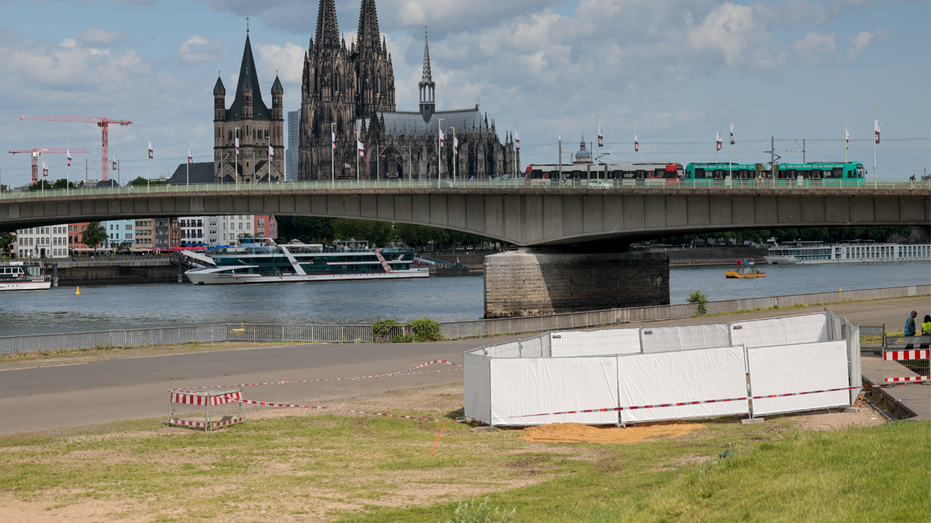WWII Bombs Discovered in European City Trigger Massive Evacuation Operation
Three WWII-era bombs discovered in Cologne prompt evacuation of 20,000 residents and closure of key city services.

More than 20,000 residents were evacuated from their homes on Wednesday in the German city of Cologne after the discovery of three World War II-era aerial bombs. The explosive devices were unearthed during exploratory construction work earlier in the week, triggering what authorities described as the city’s largest evacuation operation since the end of the Second World War.
City officials identified the munitions as two American 20-hundredweight bombs and one 10-hundredweight bomb, all equipped with impact fuses. The bombs, buried for nearly 80 years, posed a significant threat to public safety, compelling emergency services to act swiftly. The massive evacuation encompassed approximately 20,500 residents, with entire neighborhoods, businesses, hospitals—including the Eduardus Hospital—schools, and retirement homes emptied as a precaution. Major transit points such as the Cologne Messe/Deutz train station were also closed, while roadways and shipping routes along the Rhine River were temporarily suspended.
The painstaking defusal was led by the explosive ordnance disposal service from Düsseldorf’s district government. The operation lasted several hours, requiring coordination among police, firefighters, and municipal workers to ensure both the success of the task and the safety of the population. Authorities provided transportation for those unable to leave on their own, including care home residents, through ambulances and shuttle buses.
Cologne, situated on the western front line during much of World War II, was a frequent target for Allied air raids. The city suffered hundreds of bombings, beginning with a Royal Air Force mission in May 1940. Large-scale evacuations are not uncommon in German cities even today, as unexploded ordnance continues to be discovered during construction projects or renovations, a stark reminder of the war’s enduring legacy.
Shortly after 7 p.m. local time, city officials announced that the bombs had been safely defused and recovery efforts could begin. Streets and bridges gradually reopened, and residents started to return to their homes. “The three World War II bombs in Deutz have been defused. At 7:19 p.m., the three unexploded bombs that had paralyzed large parts of the city were defused,” read an official statement posted on social media platforms. Emergency teams continued to assist those with mobility issues as the city resumed normal operations.
The scale of the evacuation underscores the continuing impact of wartime history on present-day life in Germany. Despite nearly eight decades having passed since the war’s end, discoveries like these serve as a powerful reminder of the past and the ongoing responsibility to manage its dangers with precision, care, and extensive cooperation among city officials and emergency services.




